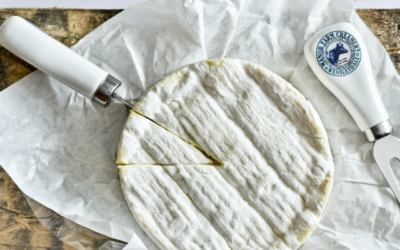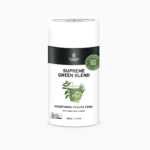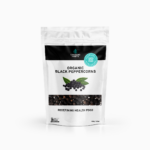If you have been following my Instagram, Twitter or Facebook posts you will probably have noticed that I’m in Namibia, Africa.
I wasn’t keen to go to Namibia (it’s not safe to do what we did alone), but Howard was very keen to do a four-wheel drive camping trek across the country in support of our friends and their conservation focused tour company, ‘Safari Frank‘ (and for an adventure of course). I’ve been away so much in the last eighteen months, I just felt I needed to stay home and have some home base time.
But it was not to be; instead, after the Perth One Day Seminar we hopped on a plane and kept going west to Africa.
I had not done any reading about Namibia, so I knew nothing of its amazing landscapes and scenery. Every turn presented us with another breath taking view, and as we turned another bend I fell more hopelessly in love with this ancient country.
This is where man began; homo erectus and homo habilus walked through this region and survived the changing climates and environments. It is said that every human on earth has it routes from south western Africa. I felt very much at home. The landscape revealed what seemed an endlessly evolving time, from what looked like the moon to absolute paradises.
First we travelled south from Windhoek (the capital) and then made our way north toward the Kaokoland region, a remote, seldom visited area where the Namibian Himba Tribe live. Meeting these people in remote areas has been the absolute highlight of my trip.
The Himba’s in the remote areas of the Kaokoland live the life of a herder, semi nomadic, moving where water and food is available. Goats, sheep and cattle are their daily food. They not only drink the milk, which they sour, but also eat the meat – this they prepare meticulously by fermenting and drying, no doubt for preservation but also the increased nutrition available from these foods.
Maize is grown by some of the villagers to add to the diet while wild herbs and plant material are also sourced from the arid country side. The remote Himba seemed happy, healthy and contented with their lives. Their teeth were immaculate (except for the bottom front four they knock out at around 13 years of age) – to help with speech I’m told.
For the most part the Himba are a slim race, although in the cities I saw some men and women carrying excess weight. The diet is limited in the city and nearer to civilisation the grocery stores are lined with maize fortified with vitamins and minerals as well as packet sauces, refined oils, white iodised salt and white and raw sugar.
It’s hard to see this beautiful skinned, slim, healthy, culture-driven society – with perfect white teeth – becoming lured by western food, and bad western food at that. I worried about the maize as to whether it was genetically modified, as there was no organic certification. If it was Bt corn then, like us, they will soon suffer as each passing generation becomes sicker as a result of the destruction of the microbiome. The other foods will also add to this generational hereditary.
I understand food is food, but knowing that 65,000 Himbas were killed in a four week period by German forces in 1904, I’d hate to see the Himba suffer once again due to western influence through poor food, poor health and poor immunity.
After driving through remote river beds, taking days to do just 100km, covered in dust, camping out under the stars and not seeing another white human being or car we made it to Opuwo where we stayed in the comfort of a lodge.
The kitchen boasted local cuisine – “traditional kitchen, where the tribal fires burn into your soul” – so I was very excited to try Mopane bugs, cultured goat milk and goat meat. Instead, when the buffet opened all I saw was western food, covered with sugar and wheat! I asked the owner where was the local cuisine? His answer: “no westerner wants to eat it and besides you would get sick on the local cuisine”. To this he explained the drying and fermentation of the meat and the souring of the milk. I had to laugh (to myself); I think our western food filled with refined oils, wheat, white sugar and additives will kill us quicker.
Camping is a time to reconnect with nature, to live by the cycles of the sun and the moon, to eat basic foods simply prepared over the open fire, to spend more time outside than in and to be active. My circadian rhythms are at their best wanting to be in bed at 8.30pm and not moving until the sun is about to rise at 6.00am. Sometimes I’d find myself crawling into my tent at 7.30 and sleeping through the night. Bliss!
There is no phone signal in the remote areas, no Wi-Fi. On occasion I would see a satellite over head, but seldom saw any planes. A simple life that defies our crazy civilised rushed world, something that for me has been the best down time and a very grounding holiday. To camp in a foreign country where people live a simple existence highlights the need to stop the mind and body and for once sit and just do nothing.
I arrive home a couple of days before my Adelaide One Dayer. I have so much to share about what I’ve learnt on so many levels through this experience. Culture and Tradition is why we have survived from homo erectus to today and it will be the knowledge of these ancient tribes and civilisation that still exist today that will have the answer to how we will need to live in the future. With the help of the old cultures scattered around the world I’ll explore what we can do in this modern world to find health and wellbeing. I look forward to sharing all of this with those of you in Adelaide!
Happy changing habits,
Cyndi







0 Comments